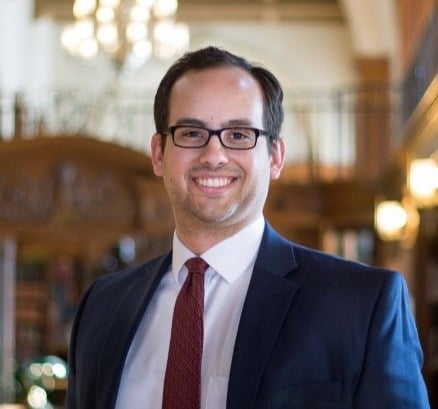The average physician spends over a decade learning and training to become a doctor. And that’s just the beginning.
Staying up to date on the latest advances in medicine takes time and effort, and it also happens to be required to practice medicine (thanks, ACCME!). That’s where medical education companies come in, since it’s not like you can just pick up and go back to med school for a refresher.
What is a medical education company?
Medical education companies—or MECs—help students as well as physicians and other health care professionals stay on their game.
Many of these companies specialize in helping doctors in training to pass their licensure exams. Others focus on continuing medical education, which you might know as “CME.” The goal of CME is to help medical professionals maintain competence while learning about new and developing areas of medicine. Pretty important stuff.
To achieve these goals, MECs do things like putting on live events, creating and disseminating test questions, and producing in-person and online programs featuring audio, video, and other types of educational media. Pretty much everything MECs do has to be vetted by medical experts, if not created by them directly. So yeah, physician consultants can really come in handy.
How do physician consultants help MECs?
MECs rely on physician consultants for a variety of tasks, mainly centered around content creation and vetting. So you can basically think of working with an MEC as getting paid to study. Not a bad physician side gig, if you ask me.
Here are three examples of jobs that you could do for an MEC through flipMD:
- qbank content. As you likely know, qbank is an online collection of questions that helps residents study for the steps. Thanks to qbank, scores of residents pass the USMLE steps every year on their way to medical licensure. For qbank to be effective, the questions obviously have to be super similar to what’s being tested on step 1, step 2, and step 3 in terms of both content and difficulty. To make that happen, MECs use physician consultants—often residents—as the guinea pigs.
- Test prep. MECs aren’t just for docs. They also help med students and med school hopefuls with test prep. This includes anything from providing tutors to designing programs to help people study for the MCAT independently. Consultants are well qualified to help with all these things.
- Video case learning. Video is a powerful tool in medical education. Video cases allow instructors to simulate real patients and scenarios, helping to bring concrete applications into the classroom from day one. Physician consultants can help MECs to create and refine video cases. And who knows? You might even get your big break in front of the camera.
Hopefully you’re convinced. MECs play an important role in the medical field. Consulting with one can help you stay on your game while helping your friends avoid some really awful qbank questions. Sweet!



Leave a Comment
Related Articles